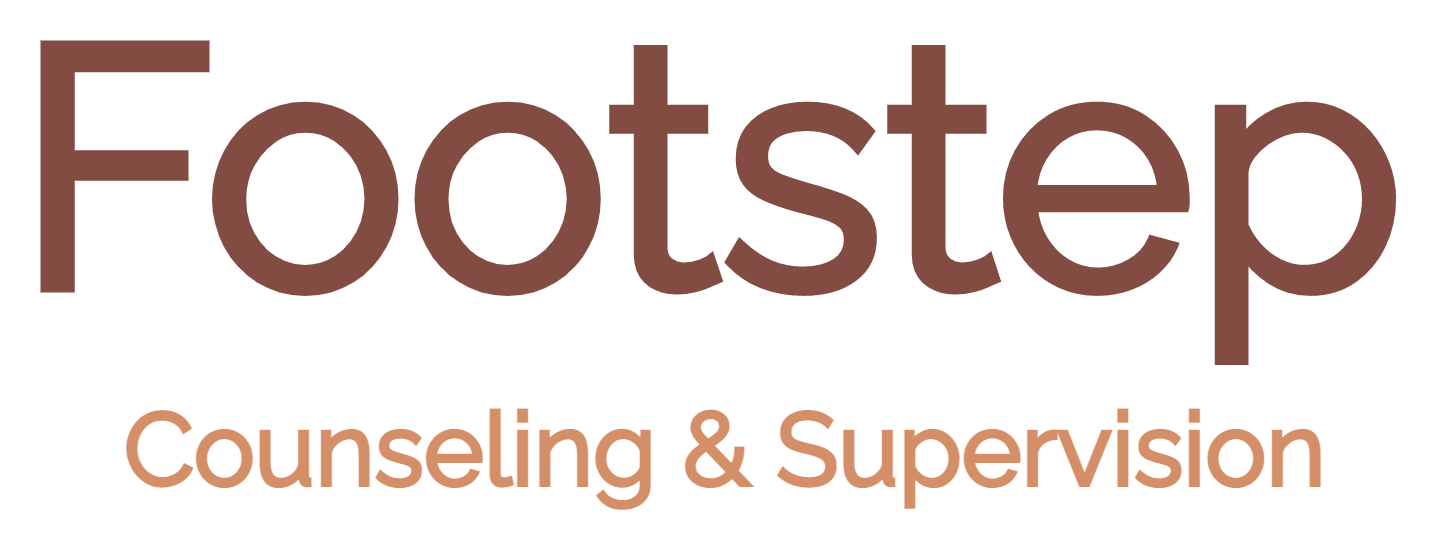Your Rights and Protections Against Surprise Medical Bills
What are surprise medical bills?
If you have health insurance and get care from an out-of-network provider or at an out-of-network facility, your health plan may not cover the entire out-of-network cost. This can leave you with higher costs than if you got care from an in-network provider or facility.
In the past, in addition to any out-of-network cost-sharing you might owe (like coinsurance or copayments), the out-of-network provider or facility could bill you for the difference between the billed charge and the amount your health plan paid (unless banned by state law). This is called “balance billing.” An unexpected balance bill from an out-of-network provider is called a surprise medical bill.
What are the new protections if I have health insurance?
If you get health coverage through your employer, the Health Insurance Marketplace®, or an individual health insurance plan you purchase directly from an insurance company, these new rules will:
- Ban surprise bills for emergency services, even if you get them out-of-network and without approval beforehand (prior authorization).
- Ban out-of-network cost-sharing (like coinsurance or copayments) for all emergency and some nonemergency services. You can’t be charged more than in-network cost-sharing for these services, and any cost-sharing you pay counts towards your deductible and maximum out-of-pocket limits for the policy year.
- Ban out-of-network charges and balance bills for supplemental care (like anesthesiology or radiology) by out-of-network providers who work at certain in-network facilities (like a hospital or ambulatory surgical center).
- Require that health care providers and facilities give you an easy-to-understand notice explaining that getting care out-of-network could be more expensive, and your options to avoid balance bills. You’re not required to sign this notice or get care out-of-network.
If you have a health insurance plan with an out-of-network benefit, like a Preferred Provider Organization (PPO), you can choose to go to an out-of-network provider. But you can’t be billed more than in-network cost sharing amounts for items or services provided by an out-of-network provider at in-network facilities unless you consent to getting care out-of-network by signing a notice and consent form.
What are the new protections if I don’t have health insurance or choose not to use it?
If you don’t have insurance or choose not to use it, these new rules make sure you get a “good faith estimate” of how much your care will cost, before you get care.
They also allow you to file a dispute if you are charged more than $400 above the estimate.
Are there exceptions to these protections?
These protections don’t apply in all situations.
- If you have a vision- or dental-only plan, these new billing protections generally don’t apply to services these plans cover. But if you have a health plan that includes dental or vision benefits, these protections could apply to any dental or vision services covered by your health plan.
- The balance billing protections generally don’t apply to ground ambulance services.
- Some health insurance coverage programs already have protections against high medical bills. You’re already protected against surprise medical billing if you have coverage through Medicare, Medicaid, Indian Health Services, Veterans Affairs Health Care, or TRICARE. These new rules don’t apply to these programs.


